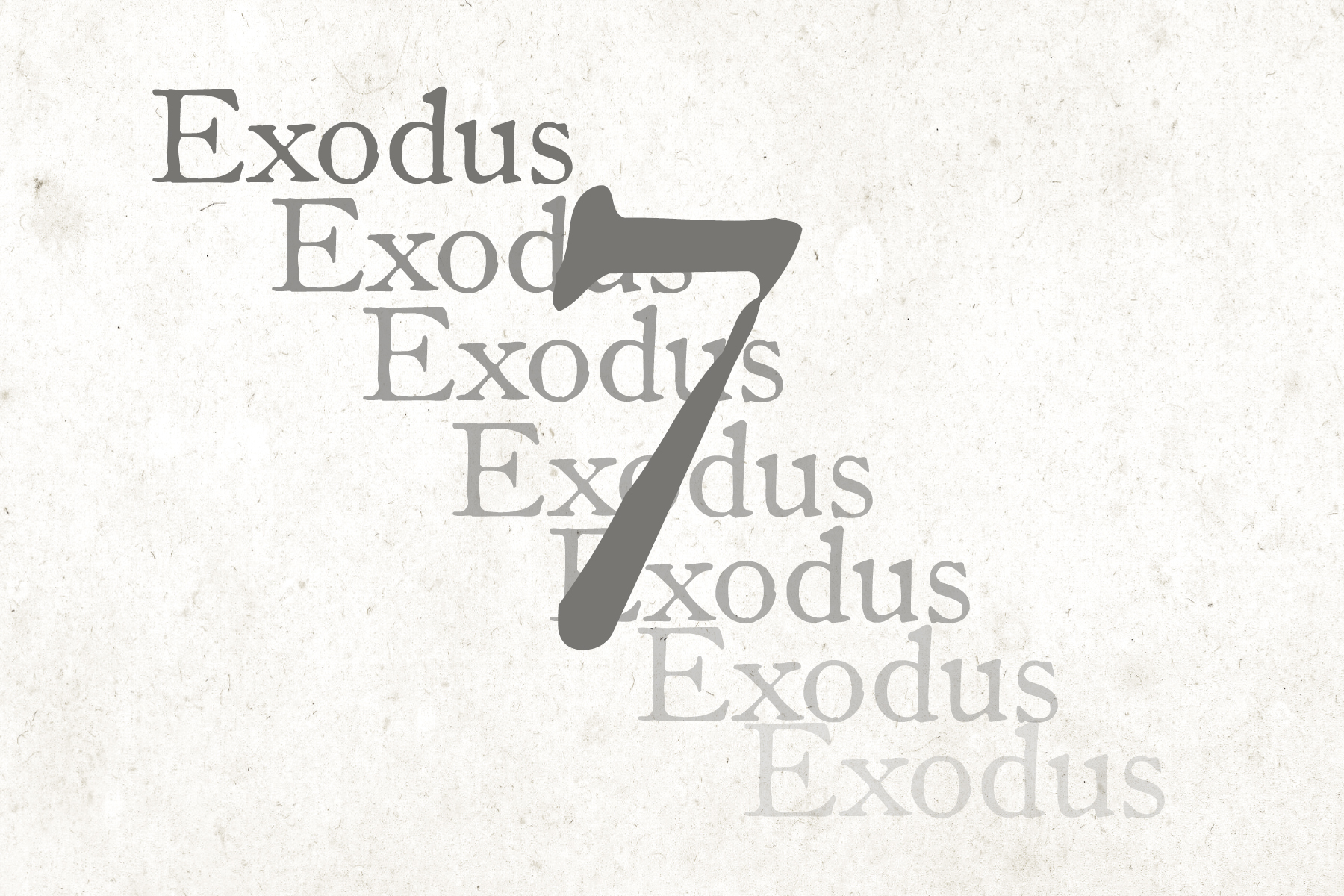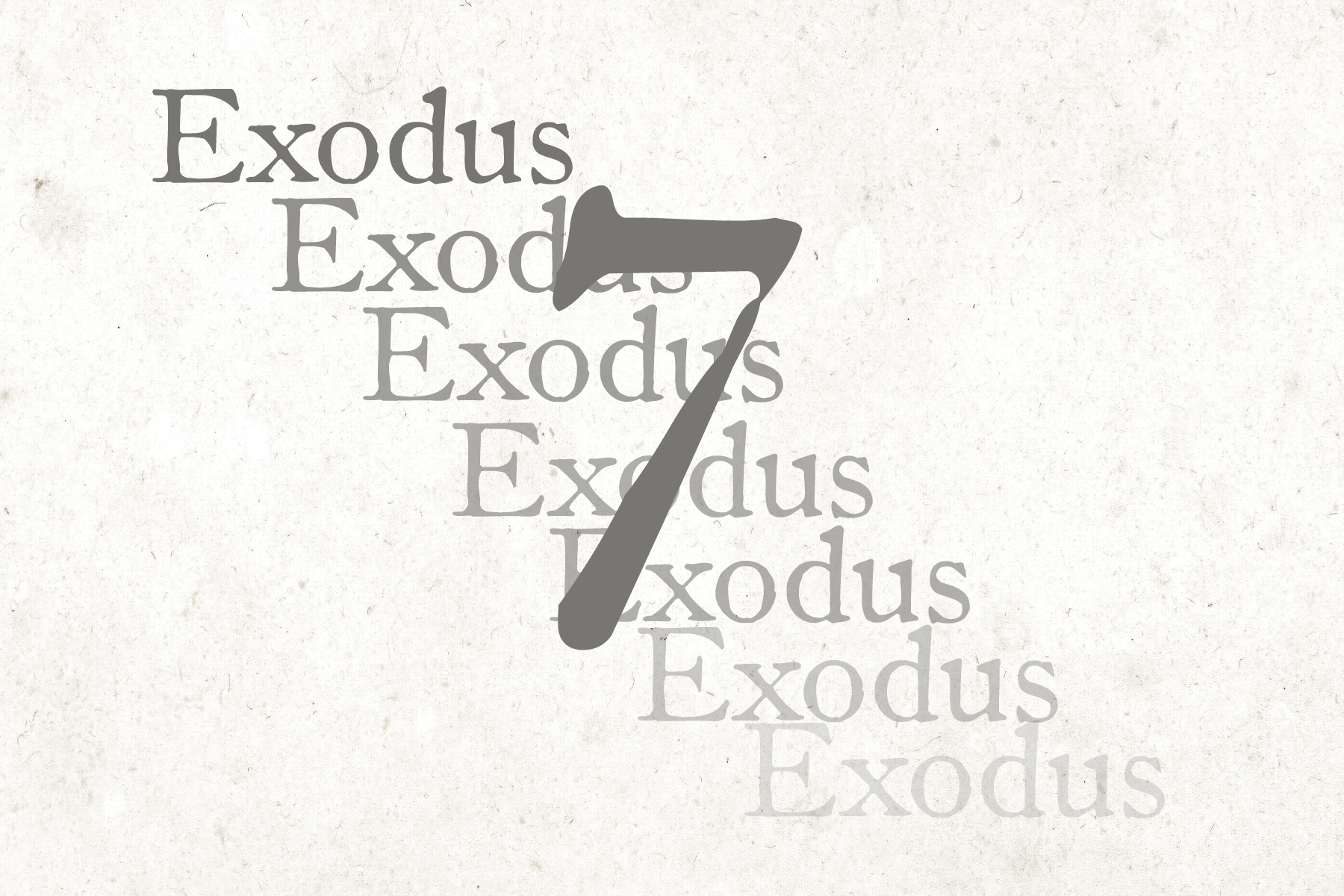Posts by Matthew Holst

Having given brief consideration to the Israelites exodus from Egypt, we observed, in our first post, five elements to the idea of the “exodus” principle. First, we observed that Exodus takes place to and for God’s chosen people. Second, we observe a physical departure from the promised land to a pagan land. Third, we saw that the covenant people were oppressed and persecuted. Fourth, that God’s people cried out to him and He acted mightily on their behalf to redeem them. And fifth, that God’s people returned to the promised land with great physical and spiritual blessing. We also noted that the first example of an exodus principle is found not in the life of Israel as a nation, but in Abraham the father of the nation (Genesis 12; 20).
As we search Scripture we find this pattern repeated on numerous occasions. What follows is the briefest of outlines delineating several other exodus experiences found in the Scriptures:

The “Exodus” principle holds a profoundly important—yet, often overlooked—place in the Christian life. Many are under the impression that there was only one “Exodus” in the Scriptures – Israel’s coming out of Egypt by the plagues, the Passover lamb and the parting of the Red Sea. The Exodus of Israel out of Egypt is clearly one of the central redemptive-historical events in the Scriptures. To highlight the importance of the Exodus-motif, we find that there are at least seven events, unfolded in Scripture, which follow the pattern of Exodus and may themselves properly be called “Exoduses.”

“You therefore must be perfect as your heavenly Father is perfect” (Matt. 5:48). But you cry, “I am not perfect. I am a sinner! I cannot be perfect." That is precisely the reason why God sent His son Jesus Christ into this world and onto the cross. That is why God calls you today to “repent and believe for the Kingdom of Heaven is at hand” (4:17).

In “the Sermon on the Mount,” the One preaching the sermon is preaching about Himself. Without knowing the Preacher, the message of the sermon will have little significance for the hearer. The sermon would be little more than good morals if we fail to see that the preacher of the sermon plays the most fundamental interpretive role in our understanding of it.



















 © Alliance of Confessing Evangelicals
© Alliance of Confessing Evangelicals


